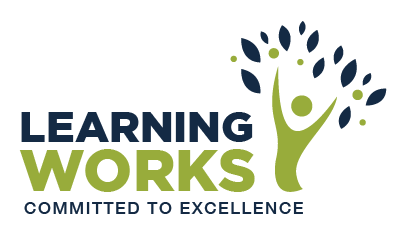Course Description
This course approaches the communications field by initially focusing on the critical role that internal communication can play within a sport organisation. It emphasises that the success of external communication is often dependent on first getting your internal communications environment in good order. The next section then builds on this by examining the area of external communication and developing good communications strategy in practice. One of the central components within the communications mix is of course the media. Thus, the second half of this study unit looks at the practical aspects of media operations and the growing role social media can play in a sport organisation’s strategic thinking. The media industry has changed; increasingly we live in a 24/7 ‘always on’ media news culture; the speed at which information flows has never been greater, media are more mobile, there is more user generated content (UGC) and communication is potentially global in terms of digital and web based communication. Sport managers need to recognise that this mediated age, offers both challenges and opportunities to their respective organisation.
Competencies:
- Describe and distinguish differences in various sport events with respect to media coverage;
- Understand fundamentals of the historical/contemporary issues in sport media professions;
Accredited course
Certificate upon completion
Can be upgraded or combined
Learning Outcomes
By the end of the course, students will be able to:
- Develop a theoretical, historical and practical understanding of the relationship of media and sport organisations
- Assess tools that sport managers utilise to develop crisis communication strategies;
- Identify, analyse, and discuss ethical issues faced in sport media;
- Understand the significant ethical and social responsibilities that come with being a professional communicator.
- Writing a press release before or after a sport match for the event organiser;
- Writing an article for a mainstream newspaper;
- Write a match report and get it published on social media
- Present own discussion and developments in a logical and organised manner through approaches of critical feedback and self-reflection.
- Engage with peers and/or team members to share and reflect on own development.
| Course Code | Duration | Credit Value | Next Intake | FT/PT |
|---|---|---|---|---|
| LW/S/008 | 10 weeks | 10 ECTS | July 2026 | PT |
| Contact Hours | Placement Hours | Self Study Hours | Assessment Hours | Total Learning Hours |
|---|---|---|---|---|
| 50 | 20 | 165 | 15 | 250 |
Lecturers
Course Structure
Mode of training
Online learning hours are part of the contact hours of the programme and incorporate tutorials and asynchronous discussions. Online learning activities may consist of active interaction, participation and contributions in fora discussions, sharing resources and self-reflection exercises. Learners also contribute to the building of the community of practice by providing feedback to their peers as critical friends, enhancing the learner’s critical engagement throughout the study period.
Assessment:
- Observation report (50%)
- Practical Assessment (50%)
Entry Requirements
Be in possession of Minimum Level 4 certification from a recognised local or foreign awarding body or A-level standard of education,
The Maturity Clause will also apply for those over 23 years of age, but such prospective students will be required to go through an interview.
Candidates may be applying for recognition for prior learning (PRL) for up to 50% of the total ECTSs for this programme as per MFHEA’s guidelines.
Have a good command of oral and written communication in English with a level of proficiency in English equivalent to at least IELTS Level 6.
